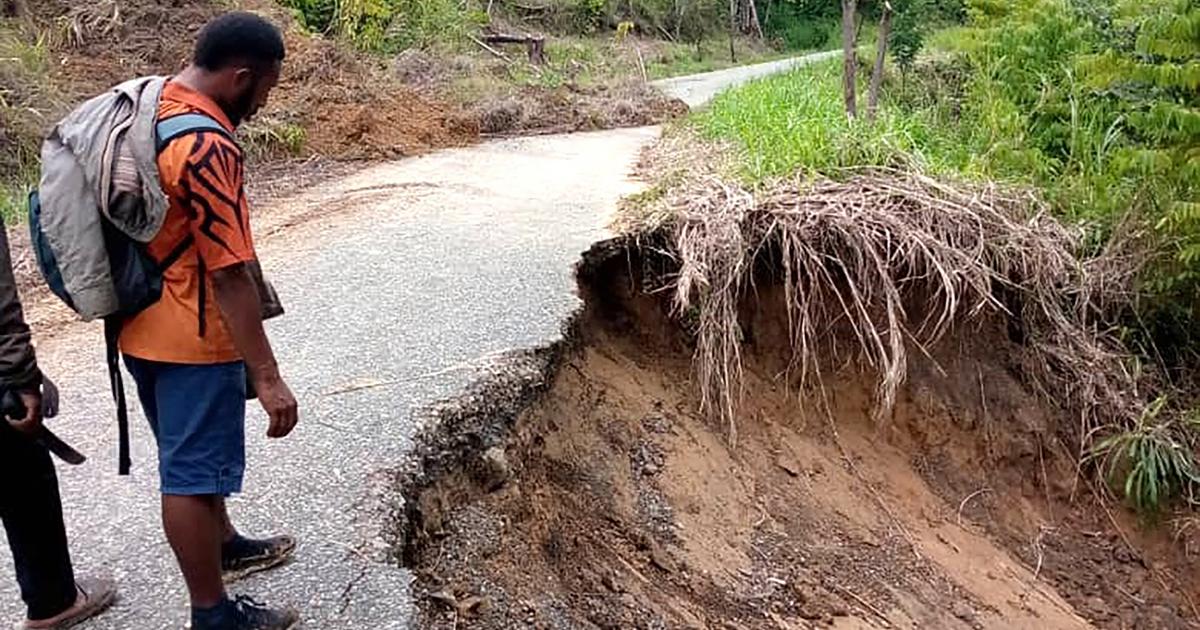Equatorial Guinea recorded two new deaths linked to Marburg virus disease, a hemorrhagic fever almost as deadly as Ebola, bringing the death toll to 11, according to a government statement broadcast on state television on Tuesday.
"
The alert system received eight notifications two days ago, including two deaths, with symptoms of the disease,
" said Mitoha Ondo'o Ayekaba, Minister of Health, in a statement, adding that work is underway to "
better measure the spread of the epidemic
".
“
Forty-eight contact cases have been registered, four of whom have developed symptoms, and three are currently isolated in hospitals
,” he added.
Authorities did not specify the date of the deaths.
On February 13, Equatorial Guinea announced the death of nine people between January 7 and February 7 from the Marburg virus disease.
This is the “
very first Marburg virus epidemic
” in this small African country located in the center-west of the continent, said the WHO, which called an emergency meeting on February 14.
Marburg virus particles visualized using a transmission electron microscope CDC/ Dr. Erskine Palmer, Russell Regnery, Ph.D
Potential treatments being evaluated
After declaring
a “health alert
” in a province and a neighboring district in the East, the authorities had put in place a containment plan in close collaboration with the WHO to deal with the epidemic.
Only three people who showed "
mild symptoms
" of the disease were then in solitary confinement in a hospital in this sparsely populated and rural area, bordering Gabon and Cameroon, the authorities said.
The Marburg virus is transmitted to humans by fruit bats and is spread among humans by direct contact with the bodily fluids of infected people, or with surfaces and materials.
This highly virulent disease causes hemorrhagic fever with a case fatality rate of up to 88%.
There are no approved vaccines or antiviral treatments to treat the virus.
However, supportive care - oral or intravenous rehydration - and treatment of specific symptoms increase the chances of survival.
A range of potential treatments, including blood products, immune therapies and drugs, as well as candidate vaccines with phase 1 data are being evaluated, according to the WHO.






/cloudfront-eu-central-1.images.arcpublishing.com/prisa/BXKLZ5GBEBBWJHDUIDG2B5ODGE.jpg)

/cloudfront-eu-central-1.images.arcpublishing.com/prisa/NUSFXUWMERFX3F5PCCMALPNPDE.jpg)
